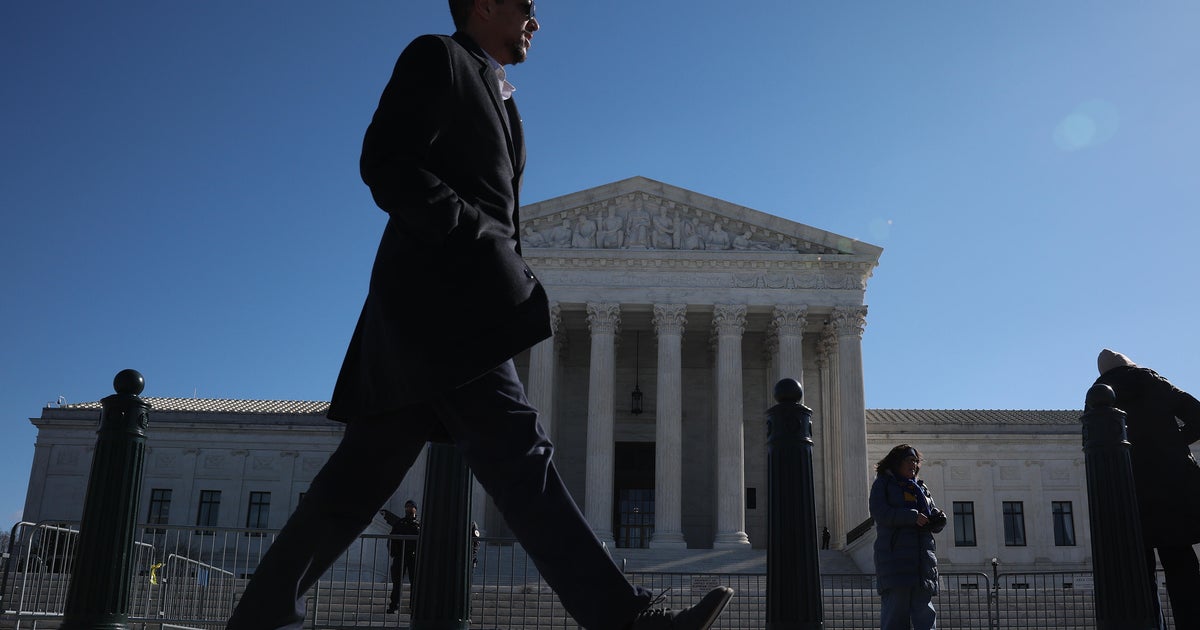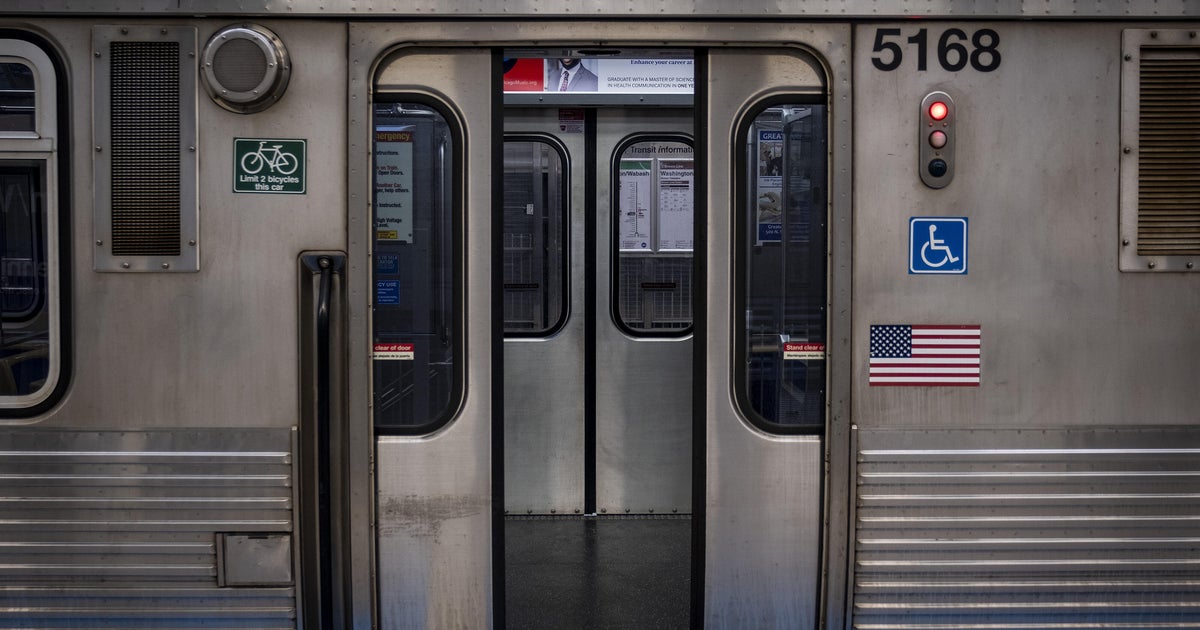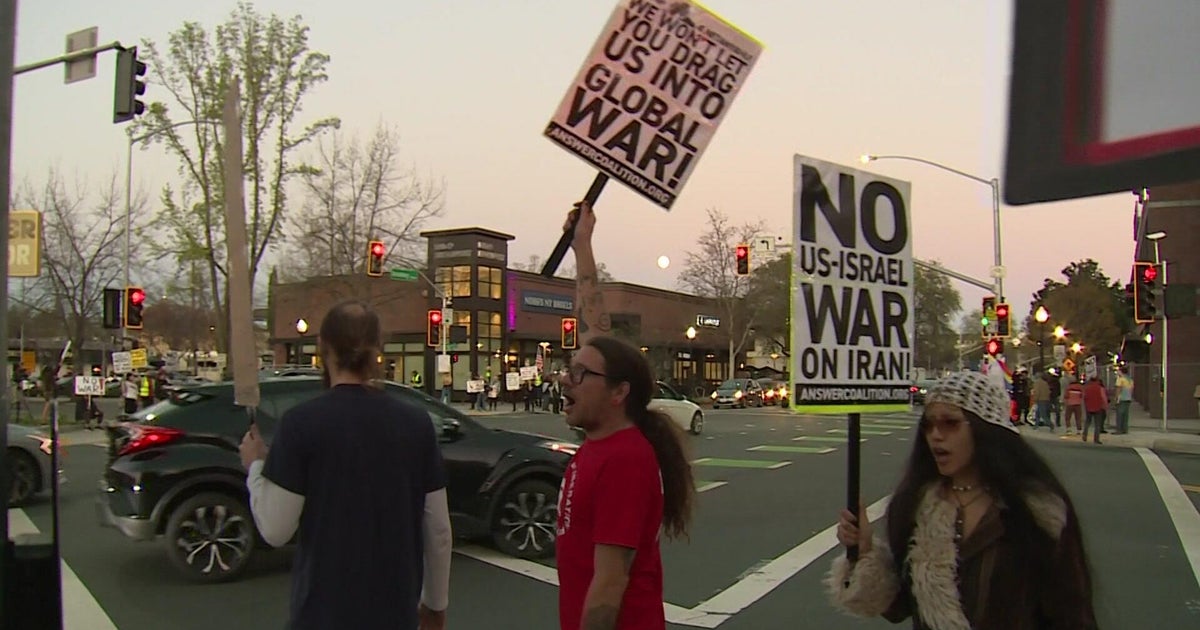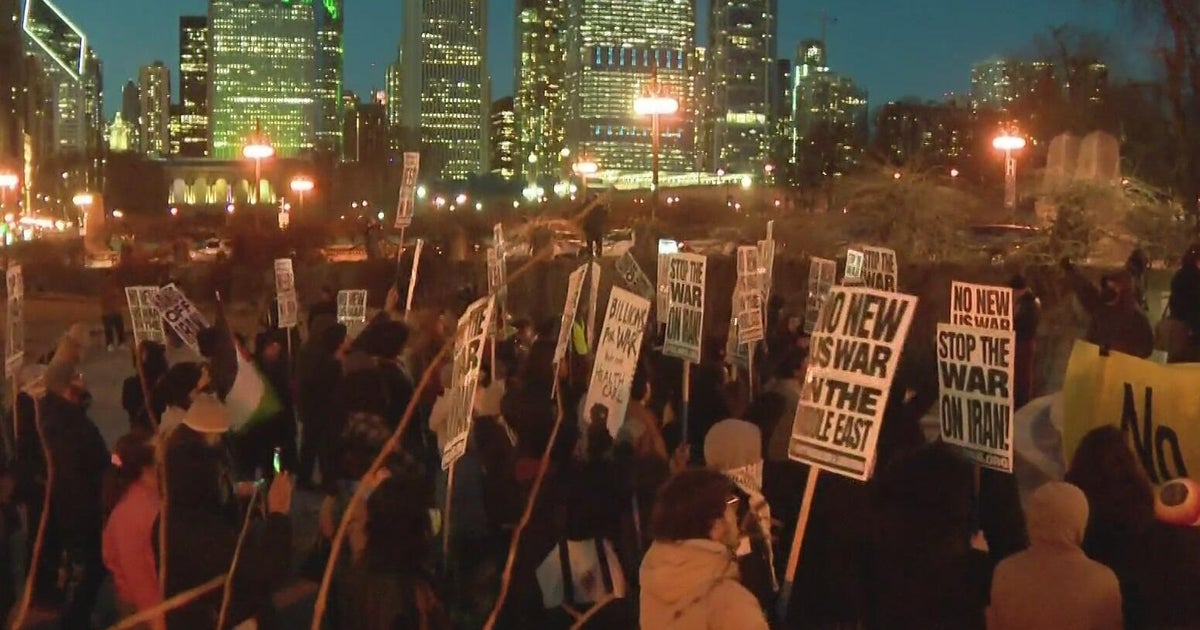How will Supreme Court's rejection of affirmative action affect local Chicago institutions?
CHICAGO (CBS) -- The U.S. Supreme Court on Thursday ruled that race-conscious admission policies of Harvard College and the University of North Carolina violate the Constitution, bringing an end to affirmative action in higher education in a decision that will reverberate across campuses nationwide.
The court ruled 6-3 along ideological lines in the University of North Carolina case, and 6-2 in the Harvard dispute, as Justice Ketanji Brown Jackson recused herself. Chief Justice John Roberts authored the majority opinion, joined by Justices Clarence Thomas, Samuel Alito, Neil Gorsuch, Brett Kavanaugh, and Amy Coney Barrett.
"The Harvard and UNC admissions programs cannot be reconciled with the guarantees of the Equal Protection Clause," Roberts wrote. "Both programs lack sufficiently focused and measurable objectives warranting the use of race, unavoidably employ race in a negative manner, involve racial stereotyping, and lack meaningful end points. We have never permitted admissions programs to work in that way, and we will not do so today."
But Roberts wrote that universities can still consider "an applicant's discussion of how race affected his or her life, be it through discrimination, inspiration, or otherwise." Military academies are effectively exempt from the decision, due to the "potentially distinct interests" they present.
Students, the chief justice concluded, must be evaluated based on their experiences "as an individual — not on the basis of race."
"Many universities have for too long done just the opposite," Roberts said. "And in doing so, they have concluded, wrongly, that the touchstone of an individual's identity is not challenges bested, skills built, or lessons learned but the color of their skin. Our constitutional history does not tolerate that choice."
Thomas read a concurring opinion from the bench. Justice Sonia Sotomayor also read her dissent aloud, the first time a dissenting justice has done so this term.
What will the impact be locally to the Supreme Court's rejection of affirmative action? CBS 2's Tara Molina connected with local organizations, and reached schools across the state, to find out.
It is up to each individual school to determine how they move forward, and how they maintain a diverse campus.
We have seen this play out with states that eliminated affirmative action years ago. Local education leaders said there are lessons to learn from those states.
What the landmark Supreme Court decision really boils down to is that race can no longer be a consideration in the higher education admission process – changing a precedent that has historically benefited Black, Latino, and Indigenous students.
"There deserves to be pathways for young people who have earned it," said Jeffrey Beckham, an education leader here in Chicago as chief executive officer of the Chicago Scholars Program.
The college access program connects low-income and first-generation college students with resources - hundreds every year.
"We will rebound and continue fighting to work for equity and change in our city and in our country," Beckham said.
Beckham is already taking charge to make sure those students' voices are heard, and applications considered, as we move forward into new territory.
It is territory where, Beckham says, the onus will be on colleges and universities.
"Every school has an opportunity now to really rethink and reshape how they admit and build their college classes," Beckham said.
States like California, Michigan, and Washington - where affirmative action was eliminated years ago - serve as cautionary tales, according to experts.
Studies of all schools in all three states showed declines in diverse enrollment in the years following elimination.
"The data is there. In the nine states that have already eliminated race-based admissions, the Black and Latinx student population in particular has declined precipitously," Beckham said.
Beckham said he is confident in the conversations he has had so far with Chicago area institutions of higher education.
"It was very timely, the work we started doing reaching out to our college partners – to the U of I system, to Lake Forest, to DePaul and Northwestern," Beckham said. "All of those institutions have said they will continue to make sure that their student bodies are diverse; that they look like the cities they're serving."
Northwestern University President Michael Schill released a statement Thursday confirming the school will continue to provide an inclusive community – preparing to welcome their most diverse class of undergraduate students this fall.
"There is much to find problematic in the Court's decision, but for me, among the most troubling elements is the doubt it casts on the importance of a diverse class in enhancing our educational mission," Schill said in the statement. "As I said in May, we are and will remain devoted to the goal of diversity. Bringing together people of different backgrounds, viewpoints and experiences enables us to learn from one another and propels our research, arts and discovery to new levels, allowing us to have an even greater impact on the world. Today's ruling does not change that commitment."
The University of Illinois System also issued a statement to all faculty, staff, and students reaffirming its commitment to "access, equity, and inclusion for students from all backgrounds and from all parts of our state and beyond."
"A vibrant teaching and learning community made up of people from diverse backgrounds and lived experiences is simply essential to an academically excellent education that prepares students to navigate and contribute to our global society," the statement read in part. "The University of Illinois System will remain true to our abiding and fundamental commitment to access, equity and inclusion for students from all backgrounds and from all parts of our state and beyond."
Loyola University Chicago President Mark C. Reed wrote in part in a statement: "Since Loyola's founding in 1870, providing access and affordability to higher education and supporting the success of those who are often overlooked, excluded, or otherwise may think higher education is out of reach, have been essential to our mission and will continue to be so. A student community with a diversity of experiences and perspectives fosters and enables a more dynamic, enriched living and learning environment for all Loyola students."







